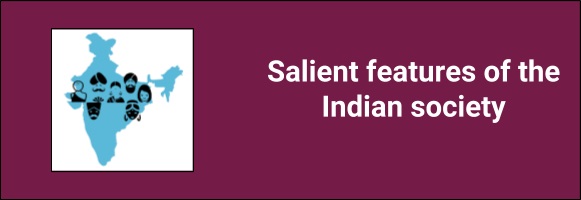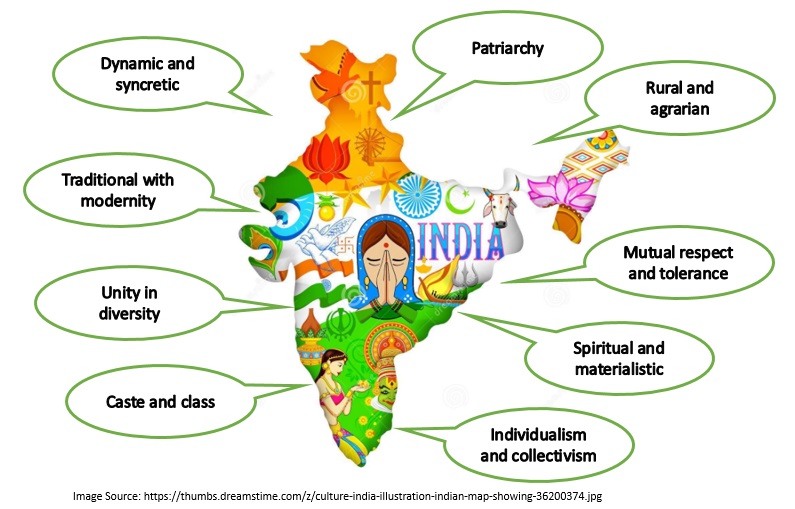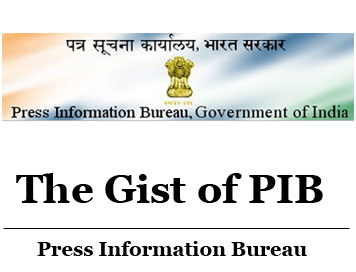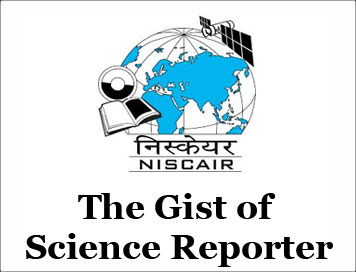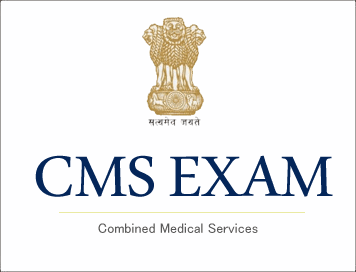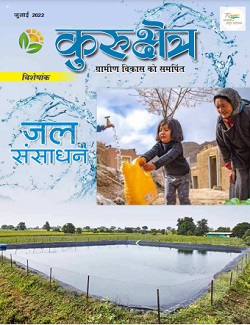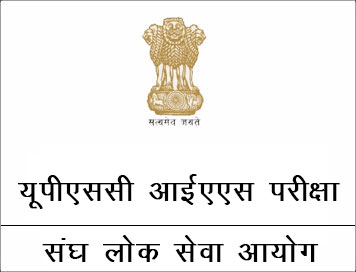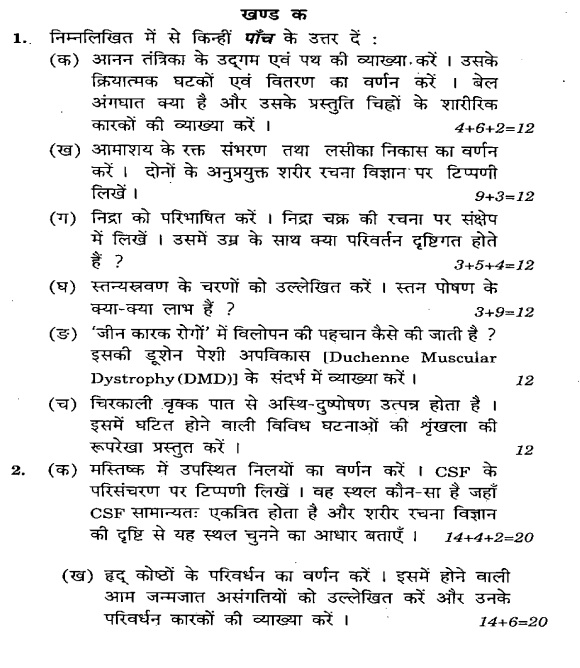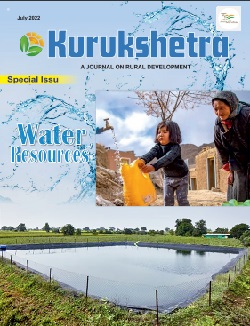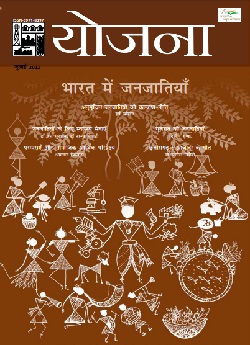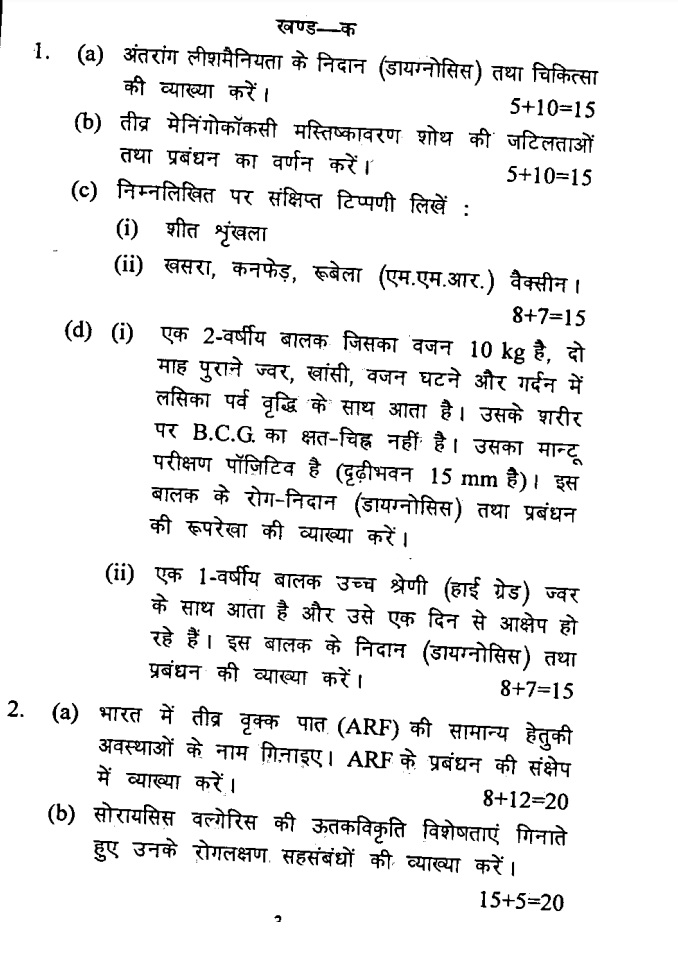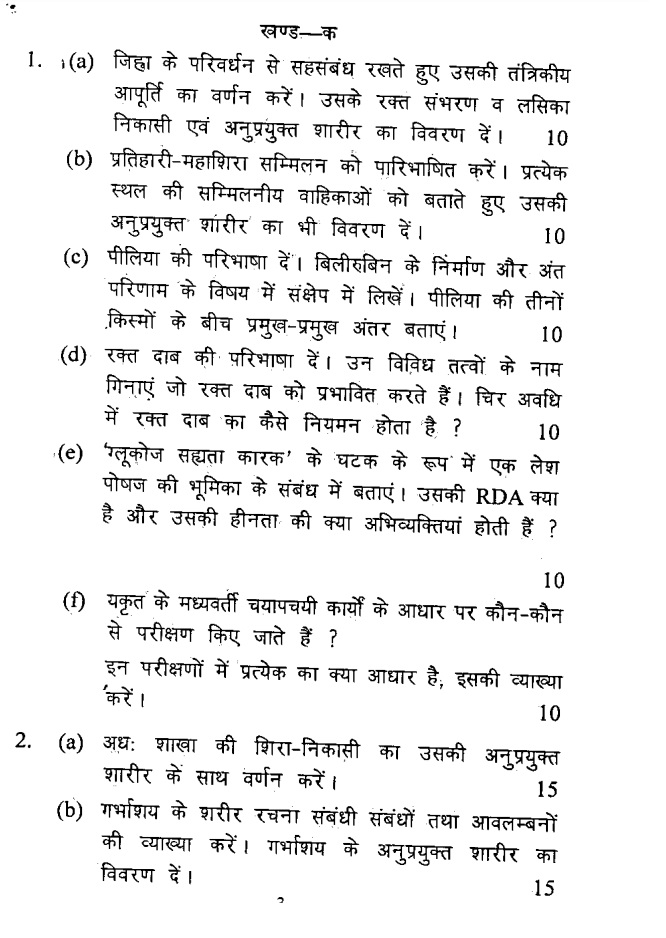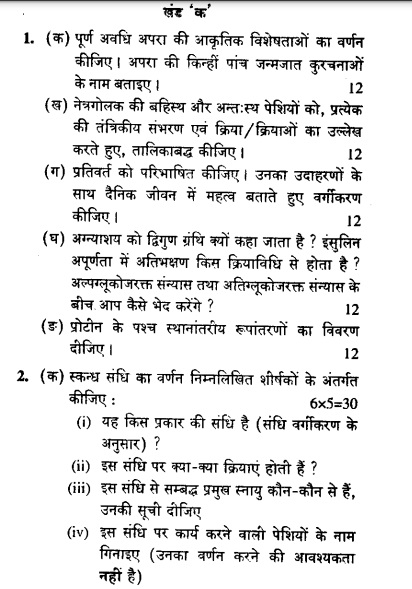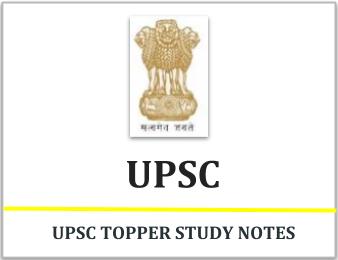
Sample Material of Current Public Administration Magazine
1. Indian Administration
-
Citizen Centric Administration
Citizen centricity is the essence of any vibrant democracy and is inextricably linked to good governance.Good governance basically means creating an environment in which all classes of citizens can develop to their fullest potential. It also means provision of public services in an efficient and equitable manner to citizens. In India, the Constitution lays the foundation for promotion of citizen centric governance. It provides for fundamental rights that are the hallmark of our democracy and mandates the welfare of all citizens through a set of Directive Principles. Based on the principles enshrined in the Constitution, India has developed an elaborate legal and institutional framework for ensuring good governance to its citizens.The Commission’s primary mandate is to suggest measures for achieving a proactive, responsive, accountable, sustainable and efficient administration for the country at all levels of government. The objective of promoting citizen centric administration has, therefore, been a central focus of all the Reports submitted so far by the Administrative Reforms Commission (ARC). In this Report, the Commission has emphasized on governance processes that can make administration more citizen oriented. The strategies highlighted in the Report can be conceptualized as demand side strategies and supply side strategies. While the demand side strategies are geared to giving citizens’ groups a greater role in governance, the supply side strategies aim to reorient government organizations to make them more efficient, effective and participative. The Commission has therefore looked at various mechanisms for making administration more responsive to citizens.Thus the concept of citizens’ charter as a tool for promotion of greater effi ciency and accountability has been examined in detail. Further, processes and mechanisms for promotion of citizens’ participation in administration have been suggested. The Commission has also emphasized simplifi cation of processes along with de-centralization and delegation to make administration more accessible to citizens. The Commission has, in addition, suggested various measures for revamping the grievances redressal mechanisms in government departments. The role of special institutional mechanisms such as the various national and state commissions for protection of vulnerable groups has also been examined and measures suggested for improving their functioning. In conclusion, the Commission would like to reiterate that the aforesaid measures will need to be implemented in conjunction with the various recommendations made in the Commission’s other Reports.
2. Personnel Administration
-
THE DUTIES AND RESPONSIBILITIES OF CIVIL SERVANTS IN RELATION TO MINISTERS IN CONTEXT OF ARMSTRONG MEMORANDUM (UK)
1. The constitutional principles set out in 1985 have not changed, but the note has been updated to take)account of the Civil Service Code. The right of appeal to the Civil Service Commissioners which is created by that Code supersedes the right of appeal to the Head of the Home Civil Service formerly set out in the Armstrong Memorandum in UK.
2. It should be read in the wider context of Ministers' own responsibilities, set out in Questions of Procedures for Ministers.
3. Civil servants are servants of the Crown. For all practical purposes the Crown in this context means and is represented by the Government of the day. There are special cases in which certain functions are conferred by law upon particular members or groups of members of the public service; but in general the executive powers of the Crown are exercised by and on the advice of Her Majesty's Ministers, who are in turn answerable to Parliament.
4. The Civil Service as such has no constitutional personality or responsibility separate from the duly constituted Government of the day. It is there to provide the Government of the day with advice on the formulation of the policies of the Government, to assist in carrying out the decisions of the Government, and to manage and deliver the services for which the Government is responsible. Some civil servants are also involved, as a proper part of their duties, in the processes of presentation of Government policies and decisions.
5. The Civil Service serves the Government of the day as a whole, that is to say Her Majesty's Ministers collectively, and the Prime Minister is the Minister for the Civil Service. The duty of the individual civil servant is first and foremost to the Minister of the Crown who is in charge of the Department in which he or she is serving. The basic principles of accountability of Ministers and civil servants are as set out in the Government's response to the Defence Committee's Fourth Report of 1985-86:
3. Law and Order Administration
Background
The National Training Policy was issued in April 1996 through a set of Operational Guidelines for the development of the human resources of the Government. This followed the process of liberalization of the economy through de‐licensing and deregulation begun in 1991 and the 73rd and 74th Amendments to the Constitution, which took effect in 1993 thereby creating the third tier of Government at the Panchayat and Municipal levels.
These, along with other changes since then, such as rapid economic growth, devolution of funds, functions and functionaries to the Panchayats and Municipalities, enhanced transparency through the right to information, globalization, climate change and extremism have created a complex and challenging environment in which the civil service has to function at a time when there are increasing expectations of its performance and ability to respond more efficiently and effectively to the needs of the citizens.
Over this period, the Human Resource Management function has also undergone a significant change.Organisations are attaching tremendous importance to the management and development of their people. There is increasing recognition that the individual in an organisation is a key resource and should not be simply looked upon as a cost.
Government systems of personnel administration continue to focus largely on the rules and procedures governing the recruitment, retention and career development of the civil service. Systematic training of civil servants has continued to be mainly for the higher civil services with a large number of Group B and C employees receiving sporadic training, if any at all. With the creation of the third tier of Government, the training of functionaries in the Panchayat and Municipal bodies has become a critical concern. For transforming the civil service, it is imperative to move to a strategic human resource management system, which would look at the individual as a vital resource to be valued, motivated, developed and enabled to achieve the Ministry/Department/Organisation’s mission and objectives. Within this transformational process, it is essential to match individuals’ competencies with the jobs they have to do and bridge competency gaps for current and future roles through training.
4. Participatory Administration
-
Sevottam and Seven Step Model
The ARC Seven Step Model for Citizen Centricity
a. Define all services which you provide and identify your clients
b. Set standards and norms for each service
c. Develop capability to meet the set standards
d. Perform to achieve the standards
e. Monitor performance against the set standards.
f. Evaluate the impact through an independent mechanism
g. Continuous improvement based on monitoring and evaluation of results
The Commission is of the view that the approach outlined in the model described is quite simple and there should be no difficulty for any organization or any of its units to adopt this approach and make it citizen centric. The Commission would like to recommend that the Union Government as well as State Governments should make this model mandatory for all public service organizations.
Extracts from the 12th Report of Second Administrative Reforms Commission –
a. The Union and State Governments should make the seven step model outlined- mandatory for all organizations having public interface.The ARC Seven Step Model for Citizen Centricity
a. Define all services which you provide and identify your clients
b. Set standards and norms for each service
c. Develop capability to meet the set standards
d. Perform to achieve the standards
e. Monitor performance against the set standards.
f. Evaluate the impact through an independent mechanism
g. Continuous improvement based on monitoring and evaluation of results
5. Current Based
A nomination for the presidential poll will be rejected if it is not backed by 50 proposers and 50 seconders from the electoral college made up of members of Parliament and Legislative Assemblies.
The nomination will also be rejected if an aspirant does not pay ₹15,000 in cash or present a receipt showing such an amount deposited in the Reserve Bank of India or a government treasury. Cheques and demand drafts are not acceptable means of paying security deposit.
ALSO READ
As many as 115 nominations have been filed for the July 18 presidential election, including that of NDA nominee Droupadi Murmu and the combined opposition candidate Yashwant Sinha.
Besides Murmu and Sinha, a host of commoners have also filed their papers for the top constitutional post in the country, which include a slum dweller from Mumbai, a namesake of RJD founder Lalu Prasad Yadav, a social activist from Tamil Nadu and a professor from Delhi.
The scrutiny of nomination papers is being done on Thursday and the final candidates in the fray will be announced by the evening.
According to the Presidential and Vice-Presidential Elections Act, any Indian citizen having completed 35 years and eligible to be a member of the Lok Sabha is qualified to become a candidate to contest the election to the office of the President of India.
The aspiring candidate should not be holding any office of profit under the Central or State government or under any local or other authority subject to the control of any of the governments.
The incumbent President, Vice-President, Governor of any State or Ministers of the Centre or any state shall be eligible to contest election.
The rules state that a nomination paper of a candidate has to be subscribed by at least 50 electors as proposers and at least 50 electors as seconders and presented to the returning officer appointed by the Election Commission.
The nomination papers can be submitted either by the candidate or by any of his proposers or seconders.
The candidate is also required to furnish a certified copy of the entry showing his name in the current electoral roll for the parliamentary constituency in which he is registered as an elector.



